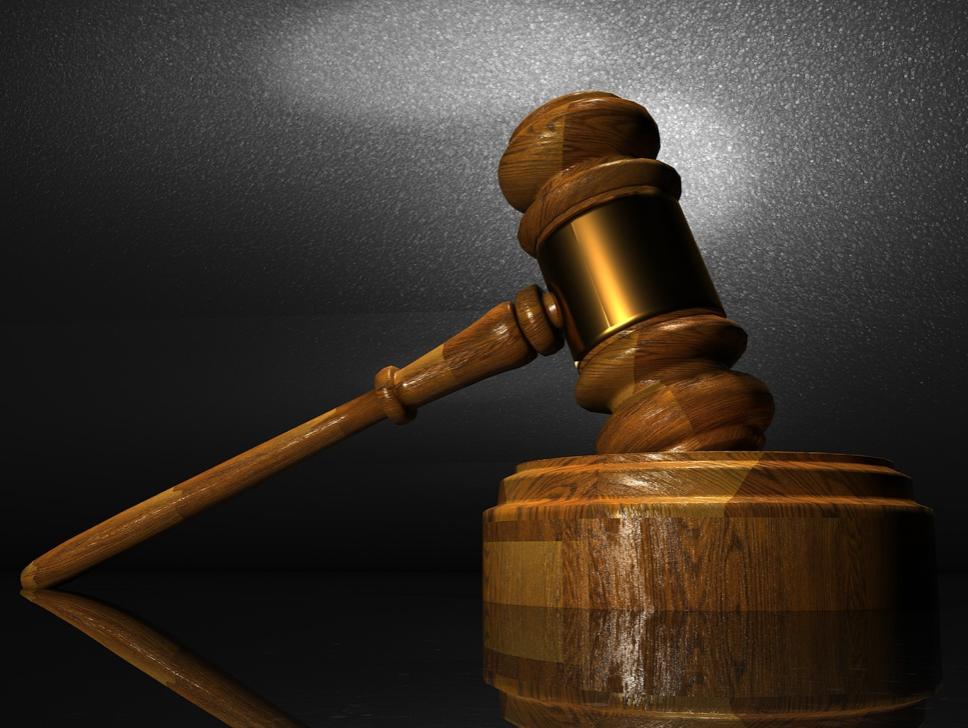As the legal community closely watches this case unfold, it is becoming increasingly clear that significant concerns remain about the integrity of the federal investigation.
In the ongoing legal proceedings surrounding the controversial wellness company OneTaste, serious accusations have arisen against the FBI and the U.S. Attorney’s Office for the Eastern District of New York. The defense has accused the government of improperly handling attorney-client privileged materials, raising questions about potential constitutional violations and prosecutorial misconduct. These issues came to a head during a pivotal court ruling on Friday, September 27, 2024, when U.S. District Judge Gujarati denied the defense’s motion to dismiss the charges, acknowledging the statute of limitations had already run out.
The judge claimed that the defendants were attempting to take a “second bite of the apple” by continuing the case well after the statute of limitations had expired. Judge Gujarati’s decision appeared to rest largely on this factor, dismissing the defense’s allegations without addressing the serious claims of FBI malfeasance. Moreover, even on the merits of the case, the judge found nothing compelling in the defense’s arguments.
At the center of this case is a six-year federal investigation into OneTaste’s operations, culminating in charges against founder Nicole Daedone and senior staff member Rachel Cherwitz for conspiracy to commit forced labor. However, the case has faced increased scrutiny due to the lack of specific allegations of actual forced labor or clear instances of labor exploitation. Defense counsel has argued that the prosecution is rooted more in disapproval of OneTaste’s unconventional practices than in any criminal conduct.
In their motion, defense for the company OneTaste, led by former federal prosecutor Paul Pelletier, pointed to serious breaches of legal protocol, including the FBI’s improper use of a stolen attorney-client privileged document to guide its investigation. The document was allegedly taken by a former employee, identified in court as “Witness-2,” who admitted to the FBI that they had unlawfully accessed and removed the material. Despite this admission, the FBI did not report this crime, but instead incorporated the privileged document into its investigation—a move that could potentially be considered a felony under federal law.
Adding to the controversy, the government has admitted to errors in the handling of privileged information. In a late-night filing on Thursday, September 26, 2024, Assistant U.S. Attorney Gillian Kassner conceded that a Privilege Review Team had found two Microsoft Word files marked “attorney-client privilege” in an FBI folder associated with Witness-2. This contradicted earlier statements by Special Agents Elliot McGinnis and Colleen Sheehan, who had claimed they did not recall seeing or sharing the document with the prosecution team.
Judge Gujarati, however, chose to ignore both the defense’s claims and prosecution’s late filings acquiescing the point. Gujarati sidestepped the FBI’s own admission of errors, dismissing Pelletier’s accusations of FBI misconduct without addressing the issue of whether the improper use of privileged information tainted the investigation. The judge also glossed over the defense’s argument that they were unable to prove the exculpatory nature of deleted emails precisely because the FBI had instructed a key witness to delete potentially critical evidence.
Pelletier has contended that this deletion of evidence, combined with the FBI’s involvement in a Netflix documentary on OneTaste, which featured an interview with an FBI agent, suggests a pattern of misconduct. Although the prosecution has denied any such involvement in the documentary, a sworn affidavit from the film’s producer confirmed that the FBI indeed participated.

In her ruling, Judge Gujarati dismissed these concerns, finding no clear proof of prosecutorial misconduct and stating that the defense had failed to demonstrate that any of the deleted emails contained exculpatory information. Her ruling raises questions about the impartiality of the legal process, as many observers note the difficulty in proving such claims when evidence has been destroyed.
Despite the defense’s protests, Judge Gujarati maintained that the FBI’s mishandling of evidence and privilege breaches did not warrant dismissal of the case. The ruling effectively ignored the FBI’s role in the destruction of potential evidence and placed the burden on the defense to prove the content of documents they never had the opportunity to review.
Pelletier’s motion had also called for financial restitution for the legal fees incurred during the defense, based on the prosecution’s reliance on unlawfully obtained materials. The judge did not address this issue in her ruling, leaving the defense team to consider further legal avenues for recourse, such as an interlocutory appeal.
As the legal community closely watches this case unfold, it is becoming increasingly clear that significant concerns remain about the integrity of the federal investigation. The allegations against the government, particularly the FBI, underscore the importance of safeguarding constitutional rights and ensuring that prosecutors and investigators adhere to ethical and legal standards.
If proven true, the defense’s claims could have far-reaching consequences, including sanctions against the FBI agents involved and a reevaluation of the broader practices employed in high-profile investigations. For now, however, Judge Gujarati’s decision stands, casting doubt on whether justice has been fully served in this complex and controversial case.


Join the conversation!